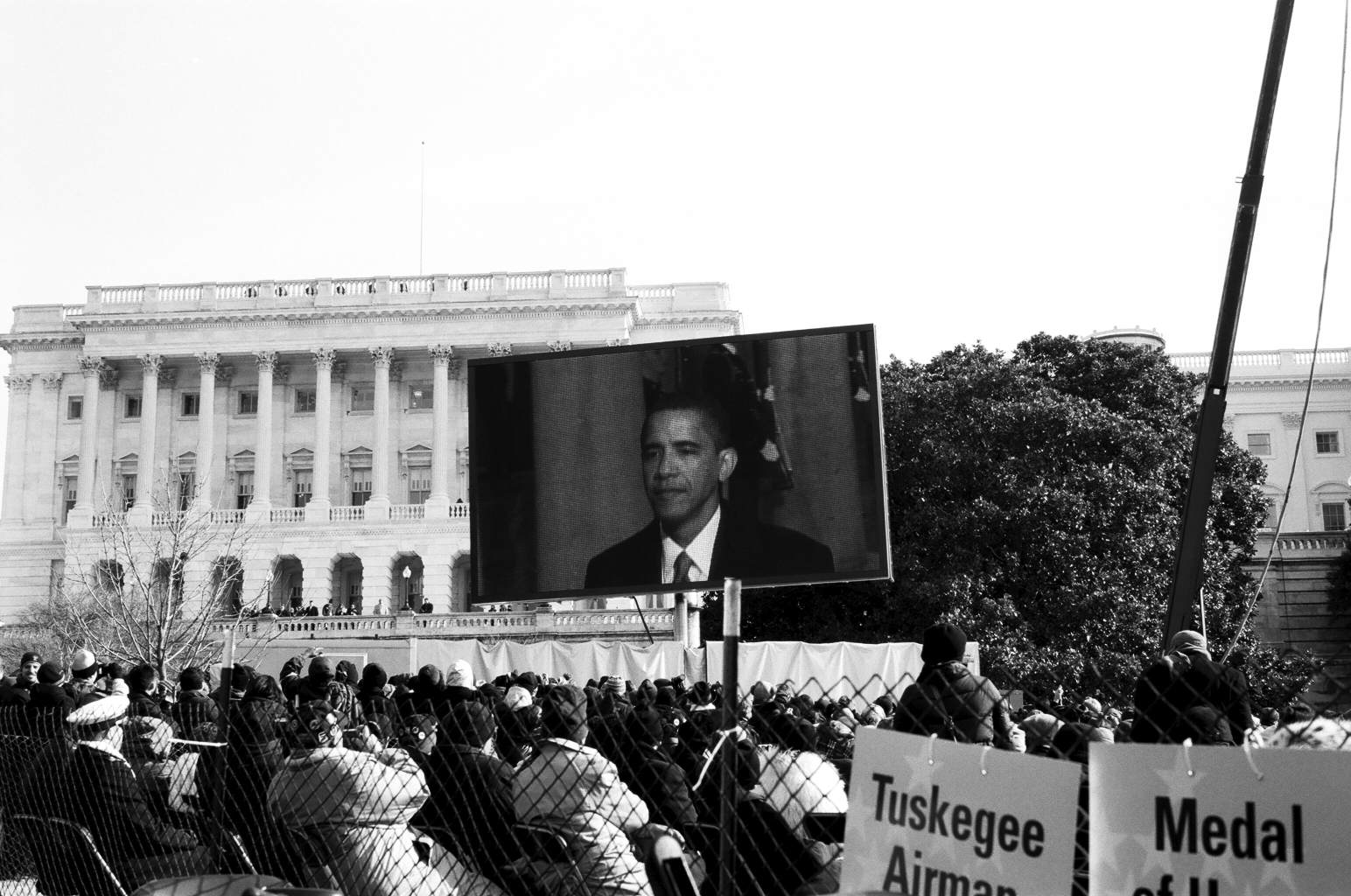At the third debate, Hillary Clinton essentially mopped the floor with Trump’s bouffant, then coolly deposited his candidacy into the trash chute. The country seemed to have recognized, finally, that only one of these individuals should be let within 1,000 miles of the nuclear codes.
And yet the rot in our civic discourse, and the growing war on the legitimacy of our democratic institutions, are such that neo-fascism remains within reach of defeating democracy this Tuesday. It’s the most dangerous moment of our lifetime. So here are some endorsements to ponder and to share with anyone still on the fence in these final hours:
The New Yorker (to me, the best-written endorsement of the year)
The Atlantic, endorsing a candidate for only the third time in 159 years.
Foreign Policy, endorsing for the first time in its history.
David Frum, the former George W. Bush speechwriter, whose conservative case for Hillary should be read by everyone with a stake in the G.O.P.: “To vote for Trump as a protest against Clinton’s faults would be like amputating a leg because of a sliver in the toe; cutting one’s throat to lower one’s blood pressure.”
The Economist, asserting that “The choice is not hard… His ideas on revenue and spending are an affront to statistics. We would sooner have endorsed Richard Nixon—even had we known how he would later come to grief.”
The Arizona Republic, which hadn’t endorsed a Democrat in its 126-year history.
Adam Gopnik
The Washington Post
Roger Angell, the 96-year-old New Yorker writer and World War II veteran, who warns that “My country faces a danger unmatched in our history since the Cuban missile crisis, in 1962, or perhaps since 1943, when the Axis powers held most of Continental Europe…”
Henry Paulson, the Treasury Secretary under George W. Bush: “The policies Trump endorses would destroy, not save, U.S. jobs. Simply put, a Trump presidency is unthinkable.”
Conor Friedersdorf, a conservative whose case, like David Frum’s, should be read by anyone on the fence.
Ken Burns, whose impassioned eloquence one can imagine being accompanied by the violin soundtrack for “The Civil War.”
Robert Kagan, the conservative author and thinker, plus this sledgehammer from last winter.
The New York Times
USA Today, which had never issued a presidential endorsement.
Wired
The LA Times
Open letter from 145 technology leaders, of diverse ideological bent.
Open letter from dozens of the nation’s most senior Republican national security officials, including former top aides or cabinet members for President George W. Bush, warning that Trump “would be the most reckless President in American history.”
The Committee to Protect Journalists, stating that “a Trump presidency represents a threat to press freedom unknown in modern history.”
The Dallas Morning News, which hadn’t endorsed a Democrat in 75 years.
Open letter from 380 economists, including eight Nobel laureates, writing that “Donald Trump is a dangerous, destructive choice for the country. He misinforms the electorate, degrades trust in public institutions with conspiracy theories, and promotes willful delusion over engagement with reality. If elected, he poses a unique danger to the functioning of democratic and economic institutions, and to the prosperity of the country.”
Open letter from 70 Nobel laureates, stating that “it is imperative that Hillary Clinton be elected as the next President of the United States.”
Open letter from Nobel laureates in economics, stating that “Hillary Clinton is by far the superior presidential candidate for our economy and our country.”
David Leonhardt: “Only an unambiguous rejection of Trump will banish Trumpism for 2020 and beyond. Only a lopsided loss, with millions of Republicans so repelled by him that they vote for someone they never imagined they would, sends the message that bigotry, lying and authoritarianism violate Republican values—your values.”
The Globe and Mail, a Canadian paper speaking for the global community: “Above all, Mr. Trump is an authoritarian. He’s not much interested in ideas or rules, and that includes the U.S. Constitution, the most cerebral of government documents. His values and impulses are not those of the America—the great America—the world knows and needs.”
Andrew Sullivan: “I have long had faith that some version of fascism cannot come to power in America… As always in history, you still needed the spark, the unique actor who could deploy demagogic talent to drag an advanced country into violence and barbarism. In Trump, America found one for the ages.”
Fareed Zakaria: “These then are the core views of Donald Trump…: racism, sexism, protectionism, xenophobia, and authoritarianism. His views on taxes and regulations are irrelevant. Your view of Hillary Clinton is irrelevant. Donald Trump is not a normal candidate. He is a cancer on American democracy. And that is why I will vote against him next Tuesday.”
My own effort to account for the madness is here.






 Peaches lay dead in her coffin. Mourners were drifting into the church, in a poor neighborhood in Winston-Salem, and approaching the corpse to pay their final respects. An organ was playing softly. About two hundred people had taken their seats, all except three or four of them black. It was quite warm, and some were fanning themselves with funeral fliers.
Peaches lay dead in her coffin. Mourners were drifting into the church, in a poor neighborhood in Winston-Salem, and approaching the corpse to pay their final respects. An organ was playing softly. About two hundred people had taken their seats, all except three or four of them black. It was quite warm, and some were fanning themselves with funeral fliers.

